Aging is the natural progression of life, and you should wear your age as a badge of honor because it shows that you are here to tell the stories of the years you lived through. Memory lapses, weight gain, and feelings of loneliness are some of the physiological and psychological symptoms that threaten the elderly. To fight against aging, there are simple things to do on a daily basis. So without further ado, let’s dive further into this blog and learn some of our popular tips for aging gracefully.
1. Practice regular physical activity

We are naturally exposed to weight gain and metabolic, cardiovascular, and respiratory problems as we age. To age well, maintain your physical condition, and reduce the risk of losing autonomy, it is important to practice a regular sports activity. Enjoying all the benefits of practicing a sport. It can bring four main benefits: endurance, muscle strengthening, flexibility, and balance.
Sport is not only good for the body; it also strengthens cognitive functions and relieves stress. Sport, if practiced regularly and correctly, becomes a source of pleasure and satisfaction. The aging person develops confidence and self-esteem. In short, sport allows people to age well because it contributes to the well-being of seniors and considerably improves their quality of life.
If you don’t like exercising alone, you can also join a sports club. Sports clubs have the advantage of offering a wide variety of activities. Country dancing, tai chi, yoga, gentle gymnastics, or cardio training are all accessible to seniors. By joining a club, aging people also benefit from personalized advice from a qualified sports leader. In this way, they run no risk of injury and optimize their efforts to age well. Sports clubs are also places where people can meet other seniors.
2. Eat a healthy diet

The secret to a healthy and balanced life lies in your plate! Today in the United States, undernutrition affects between 4 and 10% of people over 70. However, diet is a major factor in physical health and mental balance. To age well, the goal is not to regain a body of yesteryear but to maintain a BMI (Body Mass Index) between 19 and 25.
You must eat a balanced diet by increasing your consumption of fruits and vegetables, which are antioxidant foods. Be sure to reduce the caloric intake of your meal while avoiding refined sugar, excess salt, or fat. Eating a balanced diet is also, and above all, about rediscovering the taste for good things, for cooking, and for sharing a meal with your loved ones.
To age well, water is essential because it allows for good hydration. Sufficient water consumption promotes the optimal functioning of your body, such as the elimination of waste by the kidneys and the circulation of intestinal transit. For optimal hydration, it is recommended to consume a minimum of 1.5 liters of water per day and reserve alcohol for occasional events. You can occasionally replace water with fresh fruit juice, tea, herbal tea, or vegetable broths to vary the pleasures.
3. Maintain your memory
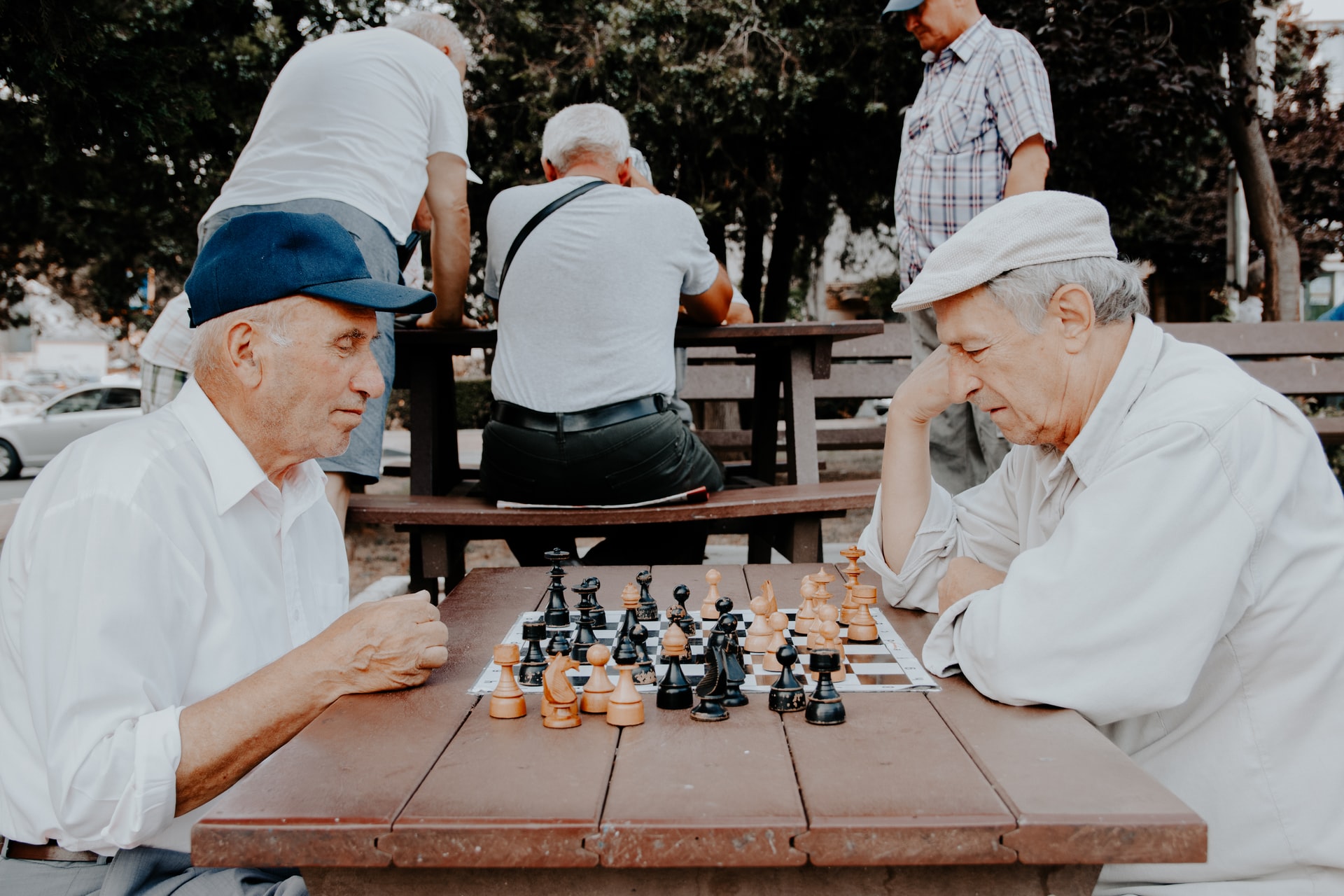
Nearly 65% of aging people complain of memory lapses. To keep our minds sharp and alert, it is necessary to stimulate our cognitive functions through intellectual activities and a healthy lifestyle.
There is no age for playing, especially when it comes to aging well! Alone, with friends, or in an association, aging people have every opportunity to play. In general, games encourage us to think, deduce and use our memory. For example, Scrabble works on spelling while Sudoku solicits our mathematical mind. As for reading, it allows us to develop our faculties of concentration, reasoning, associations of ideas, and imagination.
Insomnia affects 40% of people over 75. This lack of sleep can have severe consequences for the psychological well-being of the elderly, on their ability to memorize and concentrate. To age well, it is, therefore, important to get enough sleep. To do this, it is advisable to be physically active and to avoid stimulating foods such as coffee or tea. If insomnia persists, you should consult your doctor, as sleep disorders may be linked to involuntary muscle contractions, high blood pressure, or hormonal disorders.
Sound off in the comments section below and tell us what you want to read next and if you want to read more about aging.


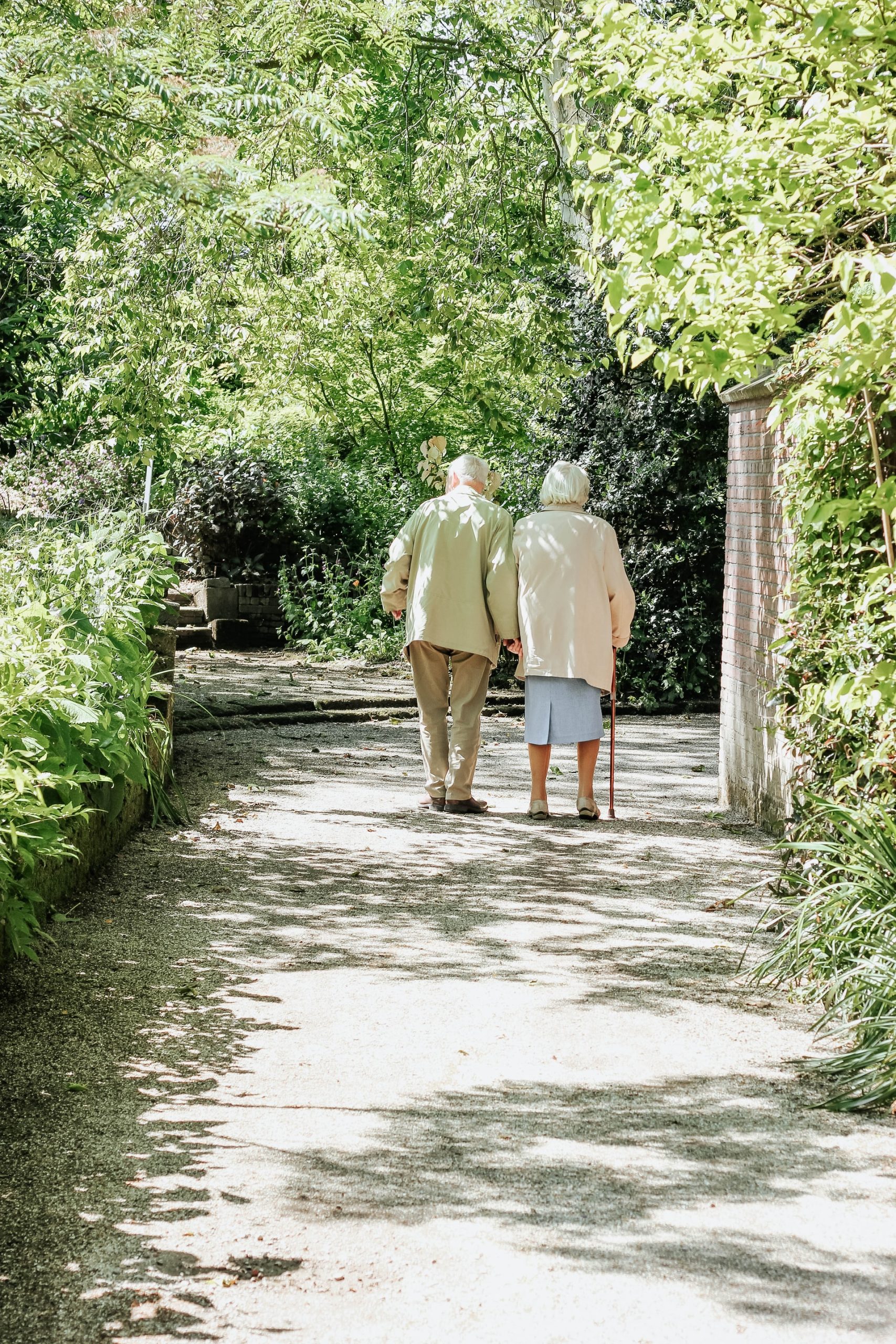
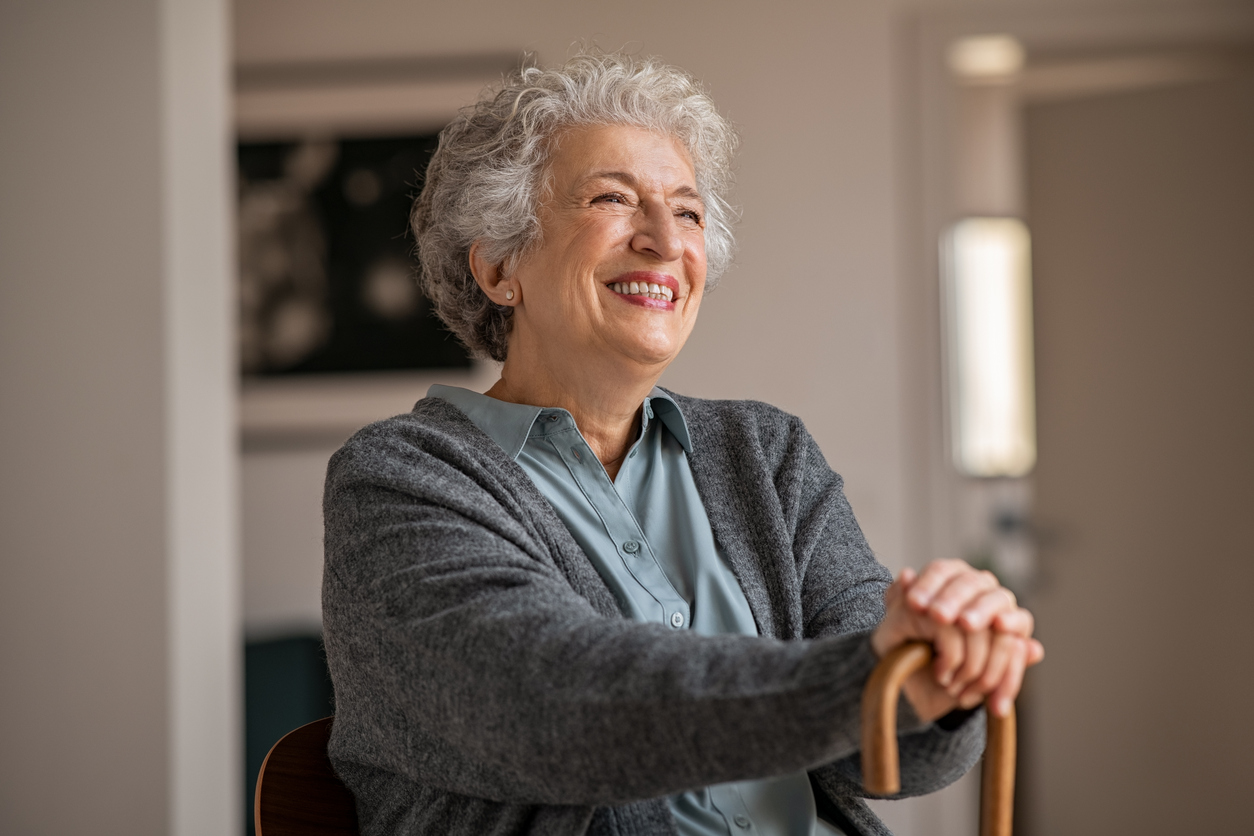
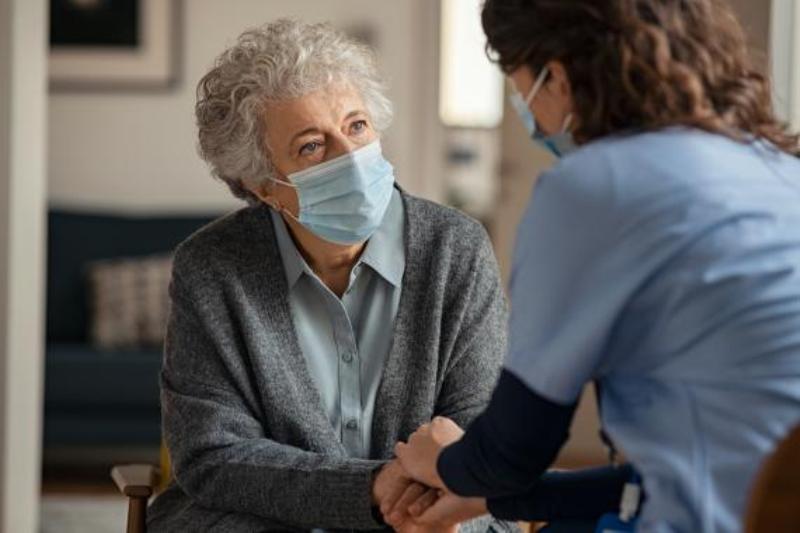
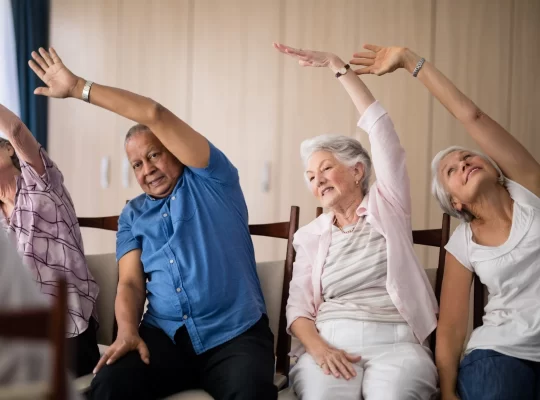
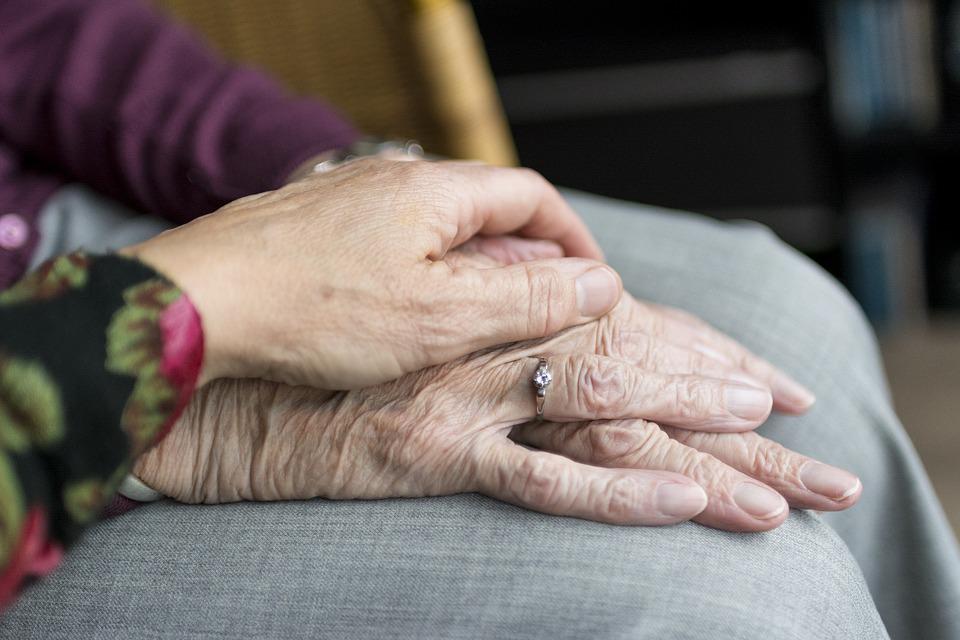
This blog was… how do you say it? Relevant!! Finally I have
found something that helped me. Many thanks!
Greetings from Idaho! I’m bored to tears at work so I decided to check out your website on my iphone during lunch
break. I love the information you present here and can’t wait
to take a look when I get home. I’m amazed at how quick your blog loaded on my phone ..
I’m not even using WIFI, just 3G .. Anyhow, good site!
Hi there, I enjoy reading all of your post.
I like to write a little comment to support you.
Fastidious response in return of this question with genuine arguments and explaining everything concerning that.
Thanks , I’ve recently been looking for information about this topic
for a while and yours is the greatest I have found out till now.
However, what in regards to the conclusion? Are you sure about the supply?
I know this website presents quality depending articles or reviews and other stuff, is there
any other web page which presents such information in quality?
If some one needs to be updated with most recent technologies
after that he must be pay a visit this site and be up to date all the time.